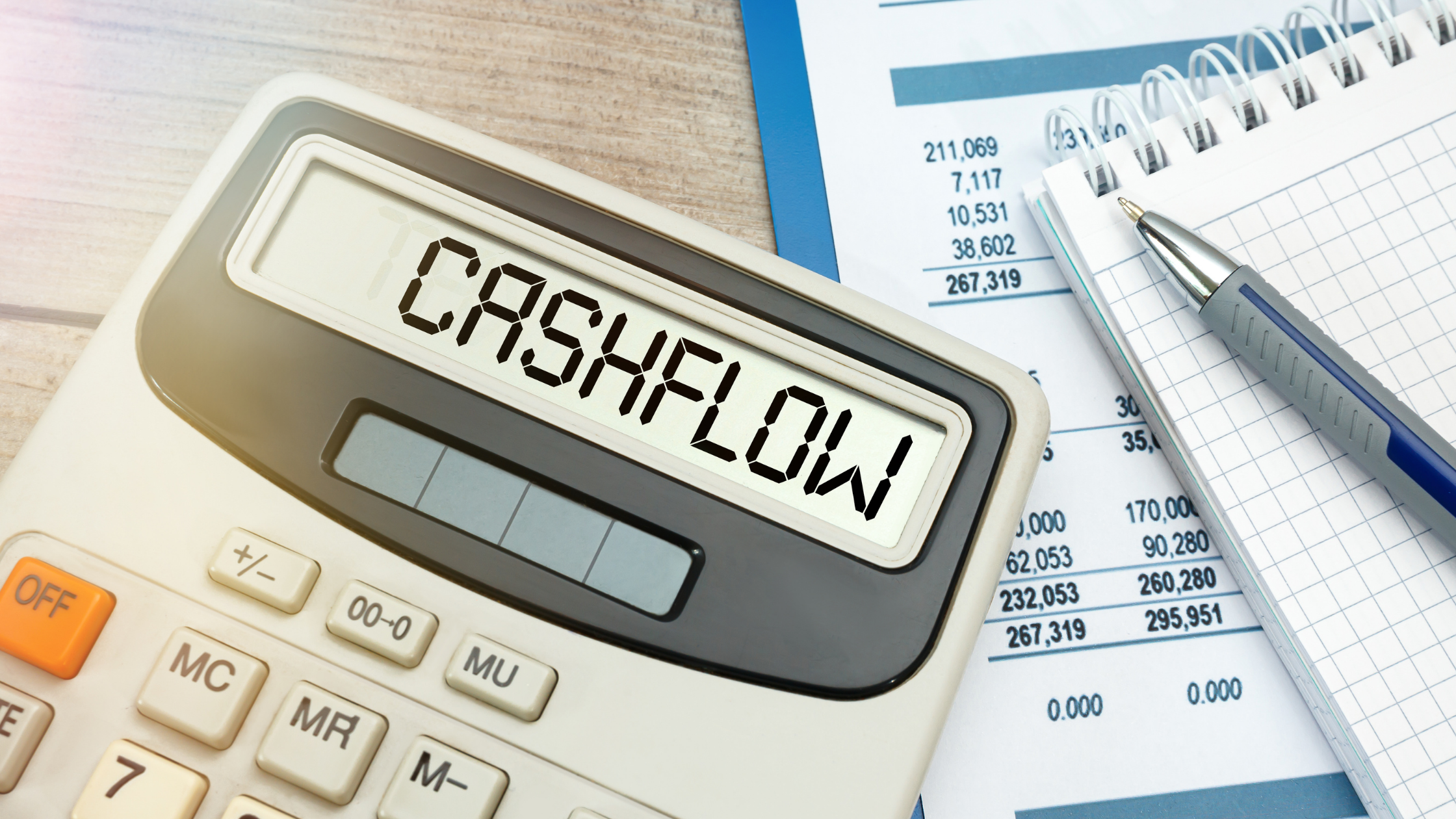
What is Cashflow – and Why Is It Important to Your Business?
Cash flow is the money that is moving in and out of your business during a period of time – often calculated across the year, but it’s important to understand how it affects your business on a monthly basis.
- Cash is coming in from customers or clients who are buying your products or services. If customers don't pay at the time of purchase, some of your cash flow is coming from collections of accounts receivable.
- Cash is going out of your business in the form of payments for expenses, like rent or a mortgage, in monthly loan payments, in wages and salaries, and in payments for taxes and other accounts payable.
Your cash flow operates like a bank account. If more money is coming in than is going out, you are in a "positive cash flow" situation and you have enough to pay your suppliers, employees and tax obligations and invest in the future growth of your business.
If more cash is going out than coming in, you are in danger of being overdrawn, and you will need to find money to cover the shortfall. This is known as negative cash flow.
Why Cash Flow is So Important
While the vast majority of businesses in Australia are small -- accounting for 97 percent of all businesses – it’s often a high-risk venture.
According to the Australian Bureau of Statistics, more than 60 percent of small businesses cease operating within the first three years of starting.
Understanding and controlling your cashflow is critical to the success of your business. A positive cash flow enables you to settle debts, reinvest in your business, return money to shareholders, pay expenses and provide a buffer against future financial challenges. Companies with strong financial flexibility can take advantage of profitable investments. They also fare better in downturns, by avoiding the costs of financial distress.
Cash Flow vs. Profit
It's possible for your business to make a profit, but have no cash. How can that happen? You can have assets, like accounts receivable (money owed to you by customers) but if you can't collect on what's owed, you won't have cash.
So, while your profit and loss statement might show that you are making a profit, if you haven’t physically received the payment from your accounts receivable, you won’t actually have the cash. The cash is what you need to continue trading – by buying stock, paying wages, and meeting your expenses.
How to Analyze Cash Flow
The best way to keep track of cash flow in your business is to run a cash flow report.
A cash flow statement looks at the change to cash from different business activities and increases or decreases in other accounts on the business balance sheet. It can help you to understand what impact various activities have on your cash.
- What happens to cash if a customer pays a bill?
- What happens to cash if your business purchases supplies?
- What happens to cash if your accounts receivable pays you seven days late?
- What happens to cash if you pay an employee or independent contractor?
One way to better understand your cash position is:
- At the end of this month, look at your total sales.
- Add up the purchases you have made that still need to be paid for.
- The difference is what you will need to bring in as income to stay even.
If this monthly cash shortage continues for several months, you'll get further and further behind.
It’s a good idea to have cash flow statements prepared regularly so that you always know what your cash position is. A cash flow statement is not only concerned with the amount of the cash flows but also the timing of the flows. Many cash flows are constructed with multiple time periods. For example, it may list monthly cash inflows and outflows over a year’s time. It not only projects the cash balance remaining at the end of the year but also the cash balance for each month.
If your business needs any help with working capital management via a business line of credit, debtor financing or equipment financing, contact Earlypay’s helpful team today on 1300 760 205 or visit our sign-up form.
If you'd like to learn how Earlypay's Invoice Finance & Equipment Finance can help you boost your working capital to fund growth or keep on top of day-to-day operations of your business, contact Earlypay's helpful team today on 1300 760 205, visit our sign-up form or contact [email protected].